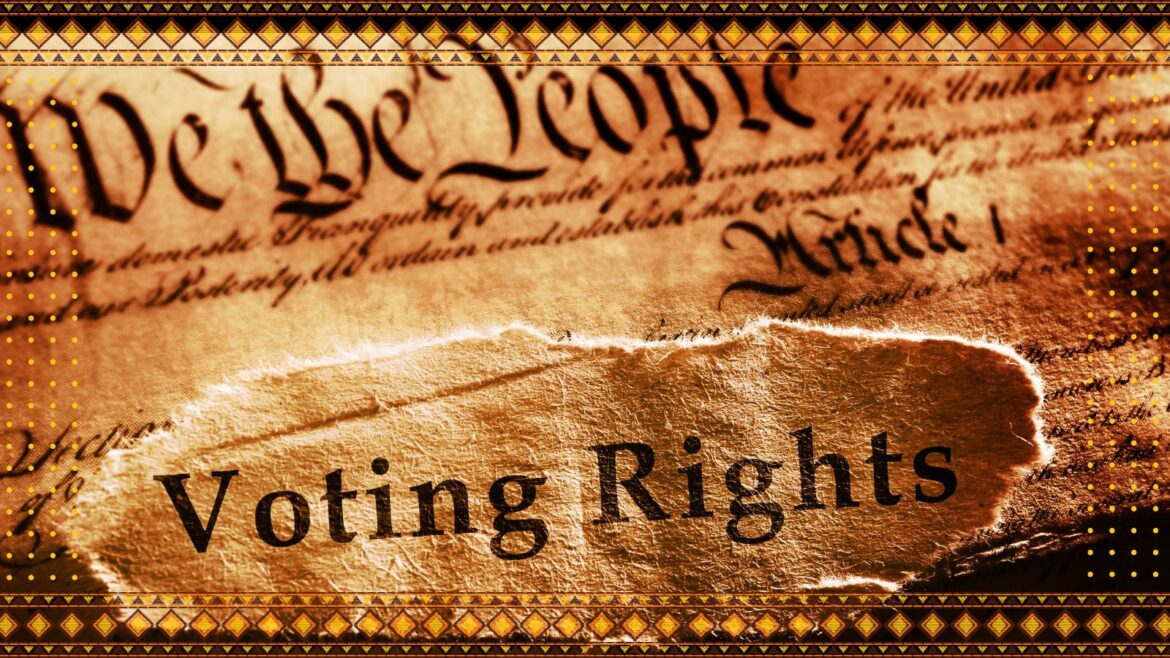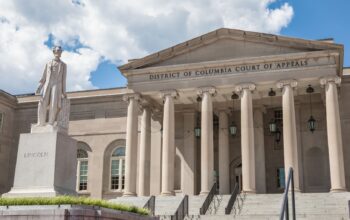A federal appeals court issued a ruling on Monday that could have serious consequences for the Voting Rights Act. The ruling suggests that the enforcement measures of the Act, which have historically supported minority representation in American politics, may be reduced. The 8th Circuit’s decision states that only the federal government has the right to sue under an important part of this civil rights law. It excludes private citizens and civil rights groups from this authority.
This decision focuses on Section 2 of the Voting Rights Act and is expected to be challenged and appealed to the Supreme Court. Experts said Section 2 is critical in preventing discriminatory voting practices based on race. The 8th Circuit’s decision says that Section 2 does not have a “private right of action.” This means that private groups cannot effectively challenge actions that might violate the voting rights of minorities.
If this decision remains valid, it may lead to a significant reduction in the protections provided by the Voting Rights Act. Private parties, civil rights groups, voters, and political entities have used Section 2 over the years to challenge issues like redistricting and voter ID requirements.
The practical implication of this decision is a significant constriction of the safeguards embedded in the Voting Rights Act. Private entities have played a significant role in holding states accountable for discriminatory practices. Section 2 has been particularly effective for them in this regard. The U.S. Supreme Court recently emphasized the significance of Section 2 in an important case about redistricting in Alabama. This required the state to change its congressional map in order to give Black voters more political power.
Source: Published without changes from Washington Informer Newspaper




